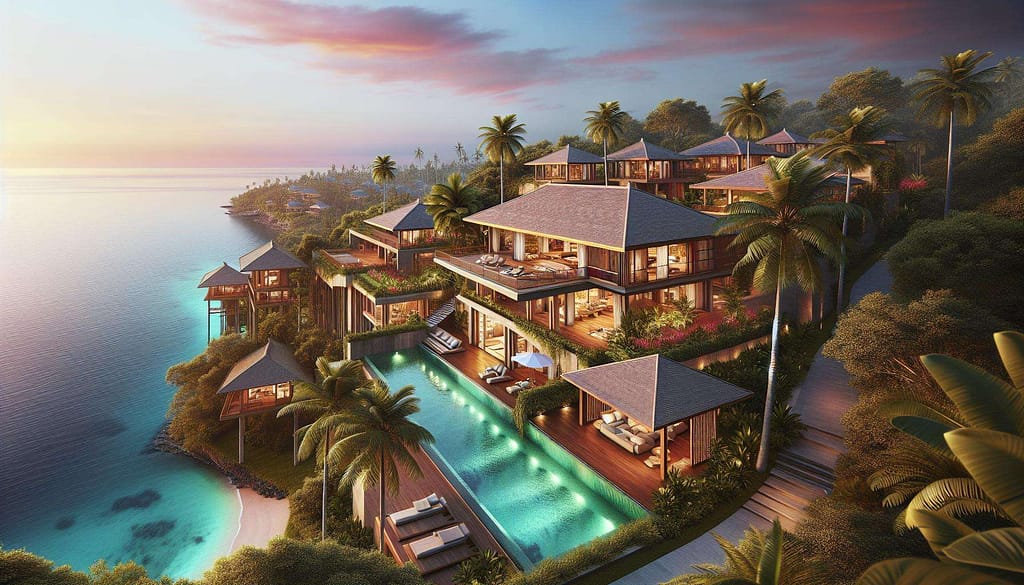Bali’s real estate scene is undergoing a rapid transformation, with branded residences taking center stage in the luxury market by 2025. Historically characterized by boutique projects, the island now draws attention from major players like Mandarin Oriental, Anantara, and Aman, who are launching new developments. This shift reflects a change in investor preferences towards properties associated with global hospitality brands that ensure professional management and assured quality.
The recent Bali Hotel and Branded Residences Report 2025 reveals that these branded residences are becoming a crucial component of the hospitality-managed real estate market on the island. Although they currently represent only 15% of the total supply, their popularity is on the rise. The preference is driven by their efficient operations and trusted relationships with prestigious international hotel brands, crucial in an era of stricter regulations and a growing demand for transparency.
Key Areas of Development
Canggu, Berawa, and nearby regions are focal points for these projects, with 39% of current developments located there. Notably, small-scale ventures dominate, with 41% of projects consisting of fewer than 30 units. Uluwatu appears as an emerging hotspot, securing 20% of the market with its luxury resort projects and available land.
Pricing and Market Potential
Branded residence units in Bali command a premium, costing 25–35% more than non-branded properties. Condos are priced between IDR50-65 million per square meter (USD3,144-4,088), while villas are listed between IDR30-50 million (USD1,887-3,145).
Despite the higher costs, there remains substantial room for growth, primarily because Bali lacks hotel-branded condos for local investors—an investing trend that’s flourishing in other Indonesian locales like Jakarta. The shift to PMA (Foreign Investment) frameworks on the island, offering longer holding periods, could lure even more investors. As real estate prices increase in areas like Phuket, Bali’s appeal as an enticing alternative is stronger than ever.
This progressive transition signifies a new chapter in Bali’s luxury residential market, emphasizing trust, transparency, and elevated management standards.
For more information, visit the full article at this link.

